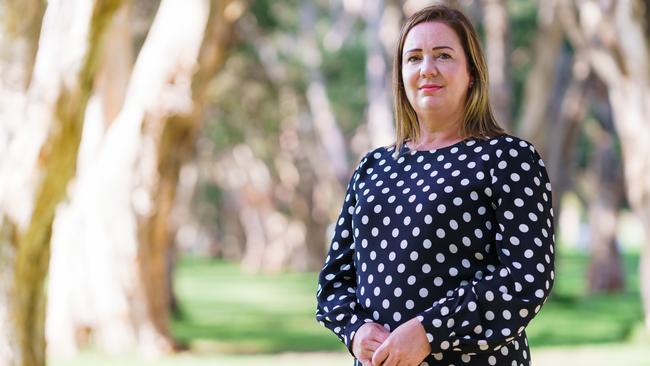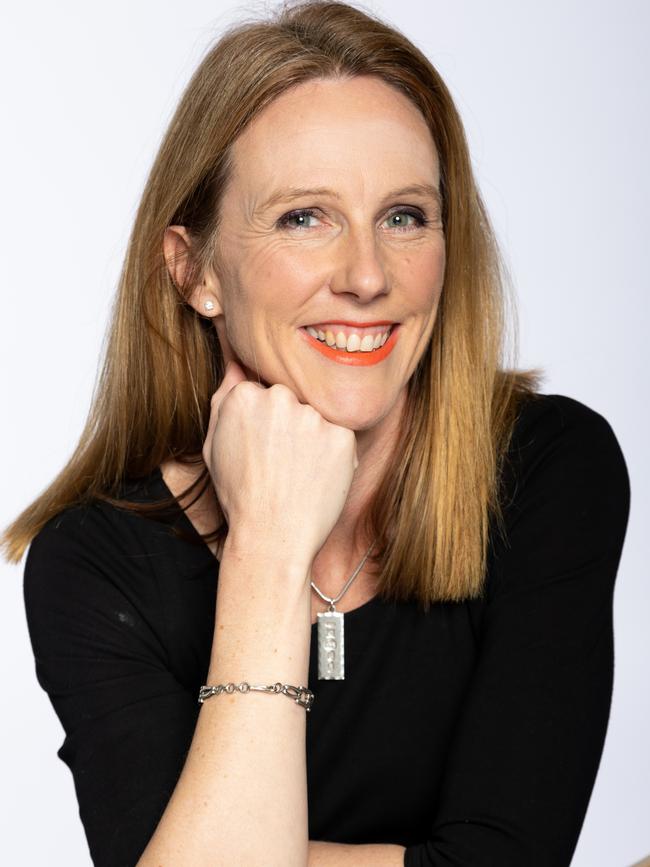Investing ethically in a world of war and climate-linked disasters
Ethical investing is shining brighter in the public spotlight amid global tensions but a key question for many remains: How do I get started?
SmartDaily
Don't miss out on the headlines from SmartDaily. Followed categories will be added to My News.
Ethical investing is shining brighter in the public spotlight as climate disasters intensify and superannuation funds and professional investors shun Russia after its invasion of Ukraine.
However, a key question for many would-be ethical investors remains: how do I get started?
Australian Ethical chief customer officer Maria Loyez says ethical investing is not just about avoiding industries such as tobacco and gambling.
“It means proactively investing in positive initiatives,” she says.
“So first decide what positive initiatives matter the most to you, like climate change action, animal rights, or gender equality. This will provide the foundation for your search for ethical investment opportunities.”
Loyez says investors should be aware than many fund managers market themselves as environmentally and socially responsible and may publicly avoid a couple of bad industries, but still invest in problem sectors such as fossil fuels.
“To overcome this greenwashing, look for independent verification of any sustainability claims by a trusted third party,” she says.

Loyez says switching to an ethical super fund can be fast and simple, and independent agencies such as Responsible Returns can help you find one that suits you.
She says outside super, ethical exchange traded funds (ETFs) are a great starting point for investors because they are lower cost, diversified and require less expertise.
Novo Wealth director and adviser Paul Garner says the current climate disasters and war in Ukraine will “re-energise the debate”.
“I think it will be a flow-on effect when the headlines die down,” he says.
“Talk to your super fund, look at their website, or write to them and ask them whether they have this option, and what’s under the bonnet.
“A lot of funds are now producing an ethical/sustainable/responsible investment option. If they don’t have the option, ask them about their plans – it’s pretty easy to swap these days.”
Garner suggests speaking with an adviser who focuses on ethical investment, and considering diversified investments and super through companies such as Australian Ethical and BetaShares. The Ethical Advisers’ Co-Op has doubled member adviser numbers from 40 to 80 in the past year and operates in all states, he says.
Garner says the war in Ukraine’s impacts on oil and gas prices may challenge ethical investors who think they are missing out on big gains from petroleum stocks surging, but they should stick to their strategy.
Rachel Bracken, 43, was frustrated by constantly seeing headlines about “another ‘once-in-a-lifetime’ catastrophic weather event that is obviously caused by climate change”, so she checked her super fund.
“When I looked at the portfolio my super was invested in, it made me feel a little sick – so many organisations supporting fossil fuel producers,” she says.
Bracken switched her super to an ethical fund and is also considering putting money into an ethical ETF.

“So many Australians are crying out for ways they can make a difference to the climate crisis, and so much money is tied up in superannuation and investments,” she says.
“It is a no-brainer to support ethical investing.”
A new report by the Responsible Investment Association Australasia (RIAA) says the appetite for ethical investments is growing.
It says 17 per cent of Australians already invest responsibly, up from about 13 per cent in 2020.
“Compounding crises over recent years like Covid, the destruction of Indigenous cultural heritage sites and extreme weather events have fuelled awareness of responsible investing and people’s desire for their investments and savings to have a positive impact” says RIAA CEO Simon O’Connor.
Generation X comprise the largest group of responsible investors, with Gen Z and Millennials the most likely to consider switching to a responsible investment provider within the next year, the report found.
SHIFT TOWARDS ETHICAL INVESTING
• More than four out of five Australians expect their savings and super to be invested responsibly.
• Almost two-thirds believe ethical funds perform better in the long term.
• Three quarters would consider switching if their current super fund’s investments were inconsistent with their personal values.
• 64 per cent want financial planners to be knowledgeable about responsible investing.
Source: RIAA/Australian Ethical
Originally published as Investing ethically in a world of war and climate-linked disasters





